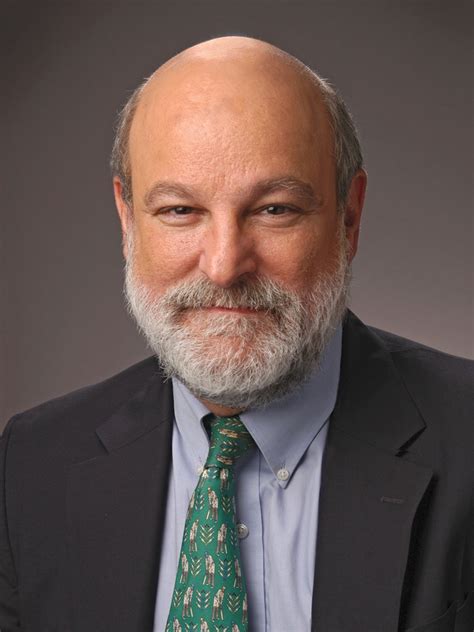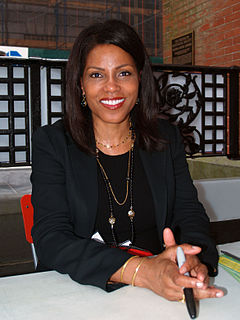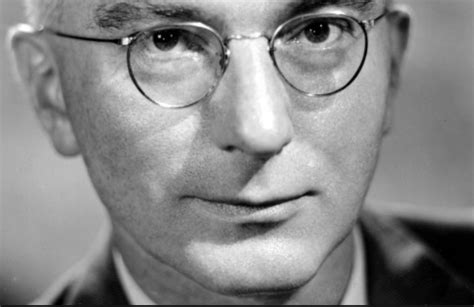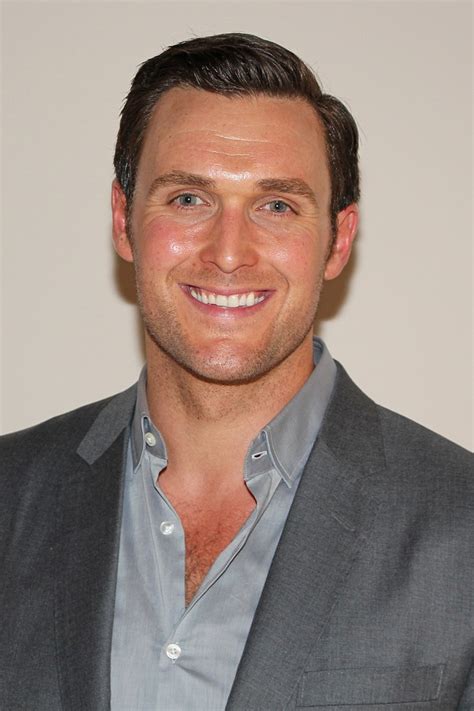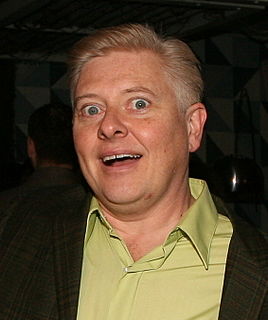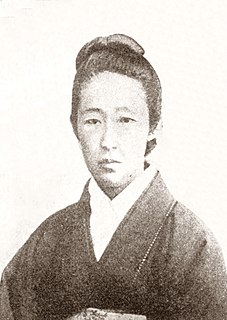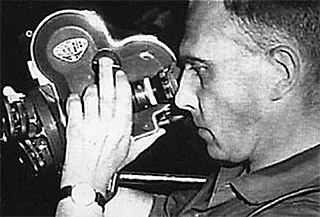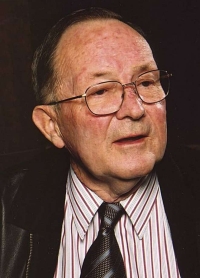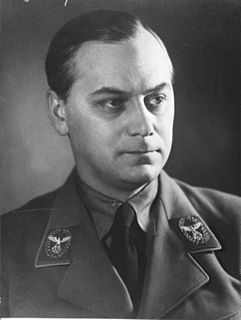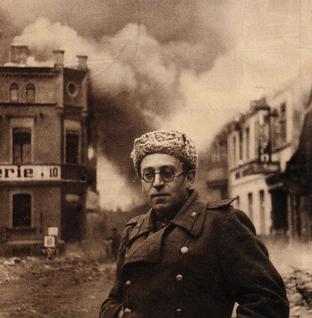Top 1200 History Of Life Quotes & Sayings - Page 3
Explore popular History Of Life quotes.
Last updated on April 17, 2025.
I have to throw in on a personal note that I didn't like history when I was in high school. I didn't study history when I was in college, none at all, and only started to do graduate study when my children were going to graduate school. What first intrigued me was this desire to understand my family and put it in the context of American history. That makes history so appealing and so central to what I am trying to do.
The Bible is not a book like any other. It makes a claim that God spoke and speaks through its message. It argues that as his creatures, we are accountable to him for what he has revealed. The trustworthiness of Scripture points to its authority as well. Scripture is far more than a history book, as good and trustworthy as that history is. It is a book that calls us to examine our lives and relationship to God. Beyond the fascinating history, it contains vital and life-transforming truths about God and us.
The introduction of the Christian religion into the world has produced an incalculable change in history. There had previously been only a history of nations--there is now a history of mankind; and the idea of an education of human nature as a whole.--an education the work of Jesus Christ Himself--is become like a compass for the historian, the key of history, and the hope of nations.
Our world is not an optimal place, fine tuned by omnipotent forces of selection. It is a quirky mass of imperfections, working well enough (often admirably); a jury-rigged set of adaptations built of curious parts made available by past histories in different contexts. A world optimally adapted to current environments is a world without history, and a world without history might have been created as we find it. History matters; it confounds perfection and proves that current life transformed its own past.
Life and study have persuaded me of the openness of history. There is no inevitability in history. Thinking about what might have happened, what could have happened, is a necessary element in trying to understand what did happen. And if, as I believe, individual acts of decency and courage make a difference, then they need to be recorded and remembered.
The history of life is more adequately represented by a picture of 'punctuated equilibria' than by the notion of phyletic gradualism. The history of evolution is not one of stately unfolding, but a story of homeostatic equilibria, disturbed only 'rarely' (i.e. rather often in the fullness of time) by rapid and episodic events of speciation.
It is my ambition to be, as a private individual, abolished and voided from history, leaving it markless, no refuse save the printed books. [] It is my aim, and every effort bent, that the sum and history of my life, which in the same sentence is my obit and epitaph too, shall be them both: he made the books and he died.
History teaches us that the capacity of things to get worse is limitless. Roman history suggests that the short, happy life of the American republic may be coming to its end... the US will probably maintain a facade of constitutional government and drift along until financial bankruptcy overtakes it.
Does history warrant the conclusion that religion is necessary to morality - that a natural ethic is too weak to withstand the savagery that lurks under civilization and emerges in our dreams, crimes and wars? ... There is no significant example in history, before our time, of a society successfully maintaining moral life without the aid of religion.
The potential beauty of human life is constantly made ugly by man's ever recurring song of retaliation. The oceans of history are made turbulent by the ever rising tides of revenge. Man has never risen above the injunction of the lex talionis: "Life for life, eye for eye, tooth for tooth, hand for hand, foot for foot." In spite of the fact that the law of revenge solves no social problems, men continue to follow its disastrous leading. History is cluttered with the wreckage of nations and individuals that pursued this self-defeating path.
The history of humanity is the history of human freedom...Freedom is not, as Engels thought, "the recognition of necessity." Freedom is the opposite of necessity. Freedom is necessity overcome. Progress is, in essence, the progress of human freedom. Yes, and after all, life itself is freedom. The evolution of life is the evolution of freedom.
Man makes history; woman is history. The reproduction of the species is feminine: it runs steadily and quietly through all species, animal or human, through all short-lived cultures. It is primary, unchanging, everlasting, maternal, plantlike, and cultureless. If we look back we find that it is synonymous with life itself.
I definitely love history. I'm not formally trained or educated in history, but you could say I did go back to college in 2008 to do Untold History of the United States. That took five years. Co-author Peter Kuznick has been teaching history for something like 35 years, at American University and other places. His group of researchers brought me into contact with a lot of books.
History is a great painter, with the world for canvas, and life for a figure. It exhibits man in his pride, and nature in her magnificence,--Jerusalem bleeding under the Roman, or Lisbon vanishing in flame and earthquake. History must be splendid. Bacon called it the pomp of business. Its march is in high places, and along the pinnacles and points of great affairs.
I've been searching for a genre that would be most adequate to my vision of the world to convey how my ear hears and my eyes see life. I tried this and that, and finally, I chose a genre where human voices speak for themselves. But I don't just record a dry history of events and facts; I'm writing a history of human feelings.
Most romances aren't swept aside by big historical events. Most romances in the history of the world fall apart because of other, smaller happenings. History can sometimes be in the background, the thing which instead of rupturing your life merely irritates you by pressing itself now and then into the foreground.
We should emphasize not Negro History, but the Negro in history. What we need is not a history of selected races or nations, but the history of the world, void of national bias, race, hate, and religious prejudice. There should be no indulgence in undue eulogy of the Negro. The case of the Negro is well taken care of when it is shown how he has far influenced the development of civilization.
[Theodore Roosevelt] was a naturalist on the broadest grounds, uniting much technical knowledge with knowledge of the daily lives and habits of all forms of wild life. He probably knew tenfold more natural history than all the presidents who had preceded him, and, I think one is safe in saying, more human history also.
If anyone thinks they'd rather be in a different part of history, they're probably not a very good student of history. Life sucked in the old days. People knew very little, and you were likely to die at a young age of some horrible disease. You'd probably have no teeth by now. It would be particularly awful if you were a woman.
We normally think of history as one catastrophe after another, war followed by war, outrage by outrage - almost as if history were nothing more than all the narratives of human pain, assembled in sequence. And surely this is, often enough, an adequate description. But history is also the narratives of grace, the recountings of those blessed and inexplicable moments when someone did something for someone else, saved a life, bestowed a gift, gave something beyond what was required by circumstance.

